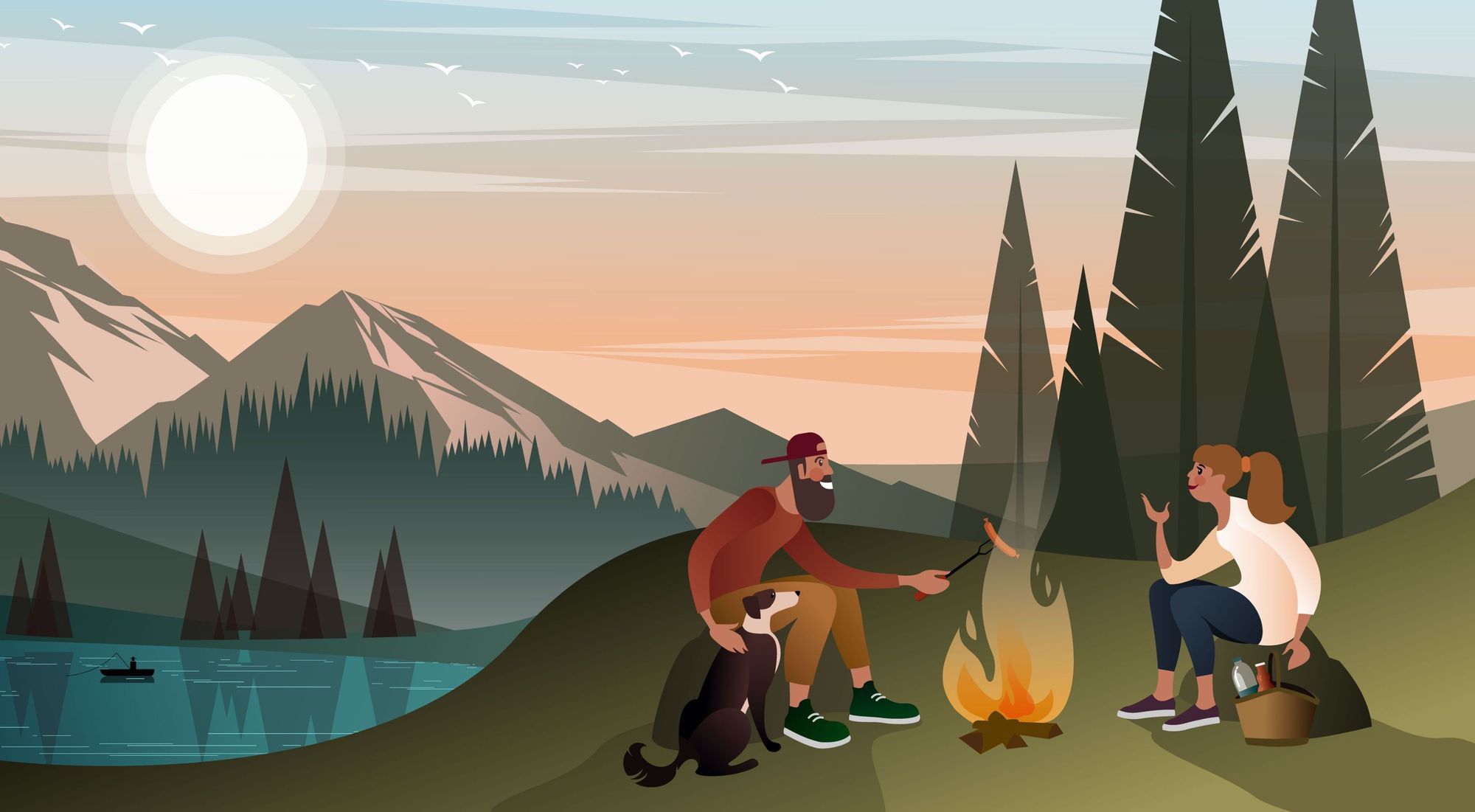The sun shines off my radioactive orange glass of Aperol Spritz, as I look out across the river Inn to the snow-covered peaks of the Austrian Alps beyond. After a big day of skiing down the pistes and couloirs of the Nordkette, the mountain on the edge of Innsbruck, I’m back down in the city, sitting at Cafe Marktbar. Neatly perched on the edge of a small square bordering the river, the cafe is a go-to spot for a post-work or ski drink. It’s also a beautifully social place. You can bring your own beers and sit in the square, or wait for a seat outside the busy cafe and accept that you’ll be sharing a table with a stranger.
This raises the question: do I actually still know how to have a conversation?
Travel opens us up as people, and much of that is due to the fact that we open ourselves up to conversation while travelling.
The necessity of talking to strangers has largely been removed from travel. There was a time when if you arrived in a new place, you would have had to rely on social skills to get your necessities. Now smartphones see to that. I’m as likely as anyone to load up Google Maps instead of asking a local for tips or directions. Smartphones take a lot of flack, but ultimately, they’re pretty great. They save us a lot of time and they let us feel in control. So, in a world where it can take a lot of energy just to get out of bed some days, why force yourself to conjure up the not insubstantial amount of additional energy it takes to talk to a stranger?
Put yourself on a busy bus, riding through a city. Are you more inclined to flick through your phone while you wait, or to chat to someone sitting in front of you? Nearly everybody, including myself, would opt for the stare-at-your-phone option, not least because the alternative… seems slightly psychopathic. By which I mean that starting a conversation on public transport is strictly against social norms. But it’s also no coincidence that the rise of smartphones has come hand in hand with an “epidemic of loneliness”, notable even pre-pandemic.
I’ve been on the road (or rather rails) for a couple of weeks at this point, travelling solo across the Austrian Alps by train. I'm heading on to Switzerland and France after Austria, and if there’s one thing the journey has reminded me of - it’s how important people are to travel, and how open they can be too.
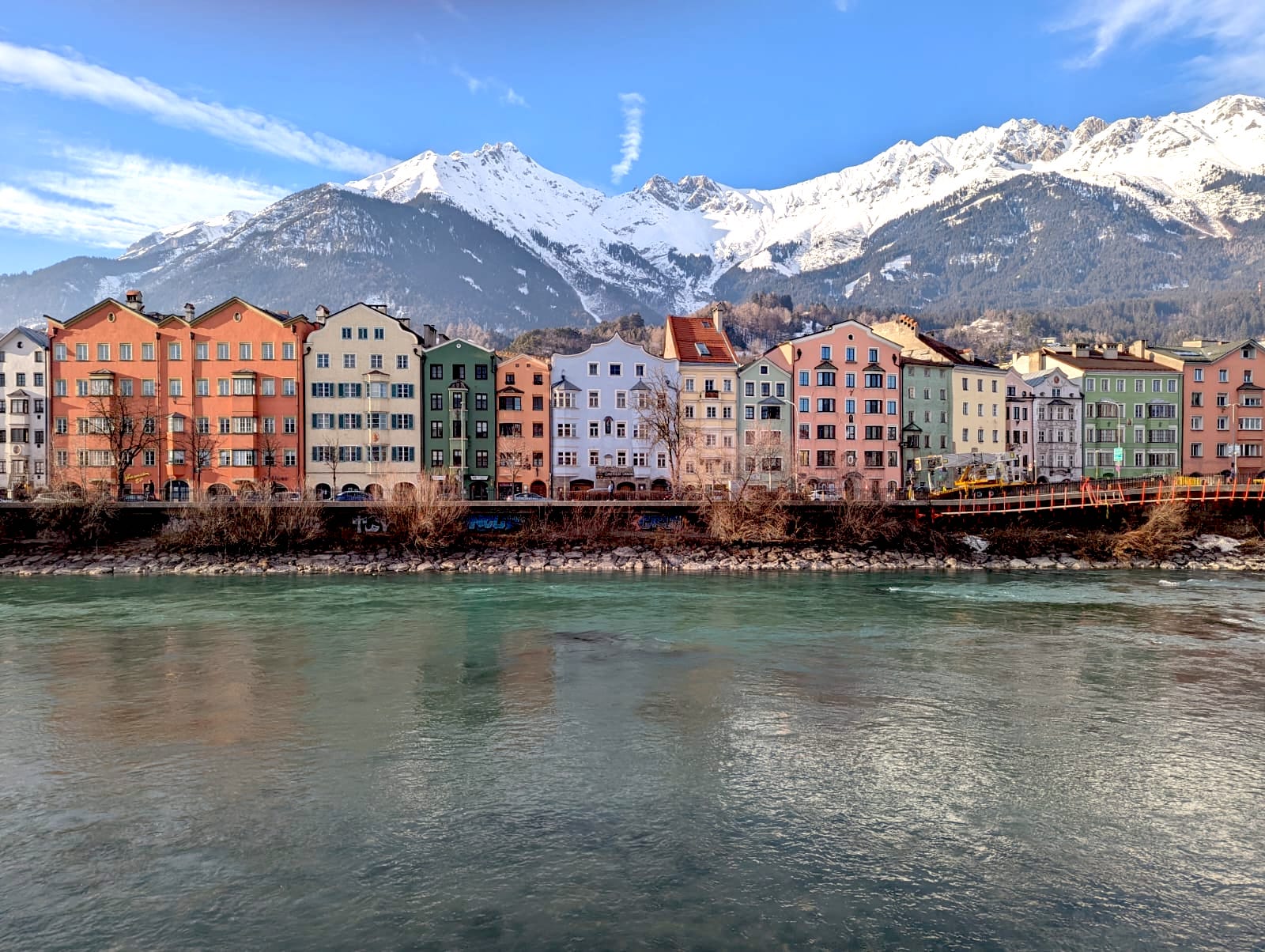
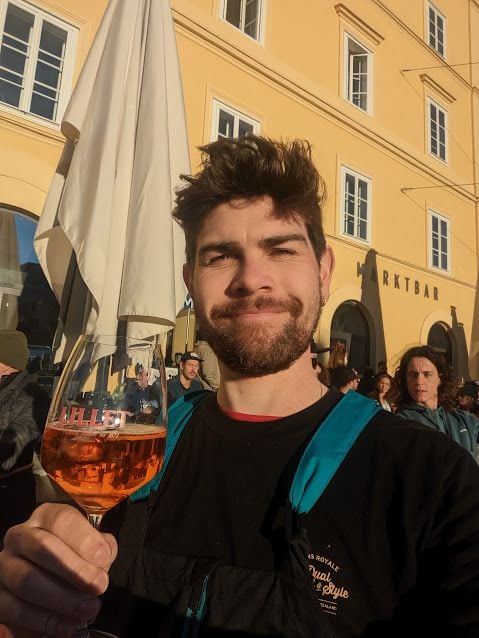
Without any familiar faces around, I’ve been forced to open myself up to conversations if I want human engagement, and have found people surprisingly open to chatting - even, believe it or not, on public transport. That said, a quick acknowledgement that you’re defying social conventions by talking on the bus never goes amiss (and goes a long way in establishing your sanity).
Of course, some people simply don’t want to talk, for a variety of reasons, which is entirely reasonable and should always be respected. But by ditching my headphones and resisting the urge to hover my hand next to my smartphone like a gunslinger waiting to draw, I’ve found the world a more open place, and found myself a lot happier too. Anxieties like ‘what if this experience is intensely awkward?’ are overcome by a) practise, b) the fact they usually aren’t, and c) knowing that if they are, it's no harm done and you can move on with your day.
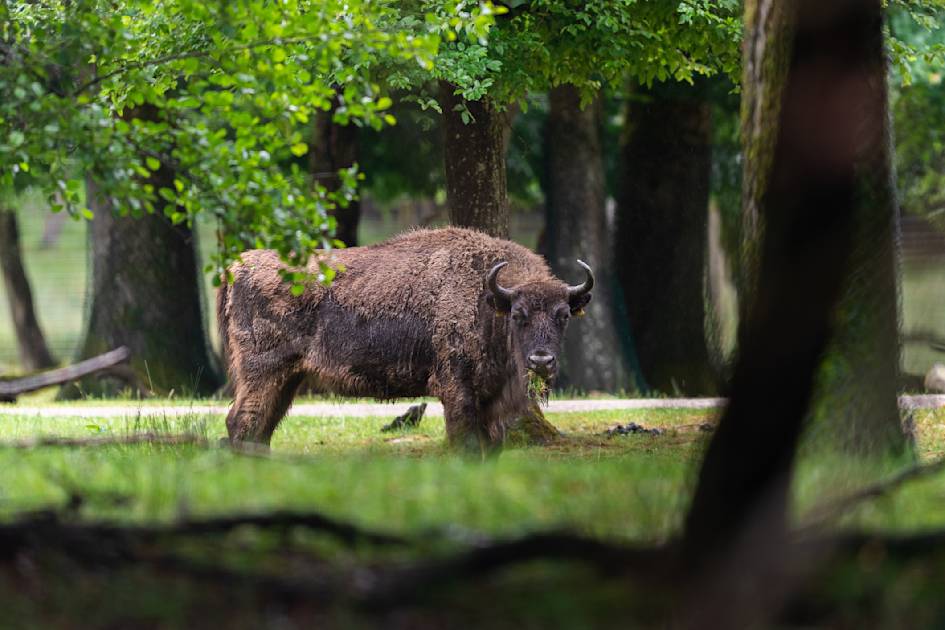
A study from the University of Chicago found that far more people are willing to have a conversation with a stranger on a commute than most others believe - and those that do see a huge boost in mental health. “Humans are among the most social species on the planet, with brains uniquely adapted for living in large groups,” the report states. “Feeling socially connected increases happiness and health, whereas feeling disconnected is depressing and unhealthy. Nevertheless, modern life affords many opportunities for connecting with others that are routinely foregone.” Some would rather chew off their arm than talk to a stranger, but even introverted people in the study found the above to be true.
The positive mental health impacts of interacting with and trusting strangers are well documented. Studies in Canada have shown that trust in strangers correlates to individual wellbeing, and research in China has found similar.
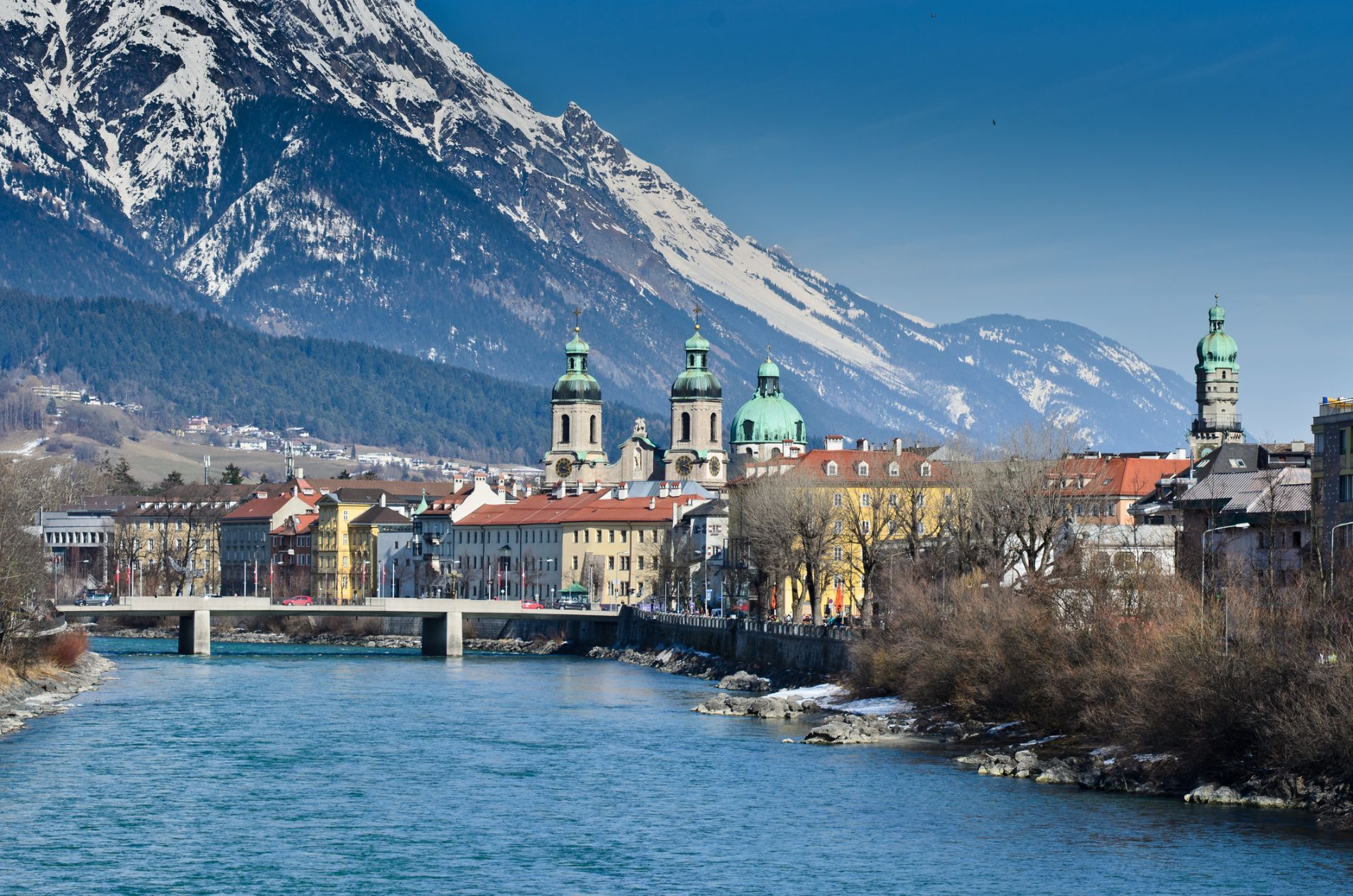
Despite our smartphones, travel is still an activity which often puts us at the mercy of strangers, particularly if there’s a language barrier. Even when you’re just ordering your dinner or if you're wondering how much a bus costs.
An Innsbruck local soon sits down next to me, and I explain in my finest Deutsch that, sorry, "Ich spreche nicht viel Deutsch". No problem. It’s a beautiful day. She’s come to grab an Aperol Spritz (it seems oddly compulsory at this bar) before meeting some family. Travel talk breeds travel talk and it soon transpires she’s spent much of the past decade sailing around the world, only getting back in 2019. A few Aperol Spritz later I’ve heard stories of Atlantic crossings, thunderstorms and sunny days sitting on anchor beneath the Sugar Loaf in Rio de Janeiro. I’ve been on a ramble about Le Nomade des Mers, a low-tech sailing boat travelling the world, and received an abundance of tips for local ski spots. It left me in a much better mood than a lonely hour doom-scrolling Twitter.
Michel de Montaigne wrote that travel makes us more accepting by forcing us to observe otherness in 'new and unknown things.'
Why do we travel at all? At it’s best, travel is able to amaze and relax, but also connect. It breaks down barriers and reminds us of the generosity and shared emotions of human beings. That can come from a well-cooked meal, a day being guided through the mountains, a quick drink or from meeting a new pal who may be from the same place you are, but who you’d never have otherwise met.
Michel de Montaigne wrote that travel makes us more accepting by forcing us to observe otherness in "new and unknown things." Rene Descartes wrote that “it is good to know something of the customs of various peoples, so we do not think everything contrary to our own ways is ‘ridiculous and irrational’.”
That we don't expect interactions with strangers to go well may be because we think too little of them. Nothing helps to deconstruct a stereotype quicker than a conversation. Travel opens us up as people, and much of that is due to the fact that we tend to open ourselves up to conversation more while we're travelling. There's a catharsis in realising that we're not all so different around the world.
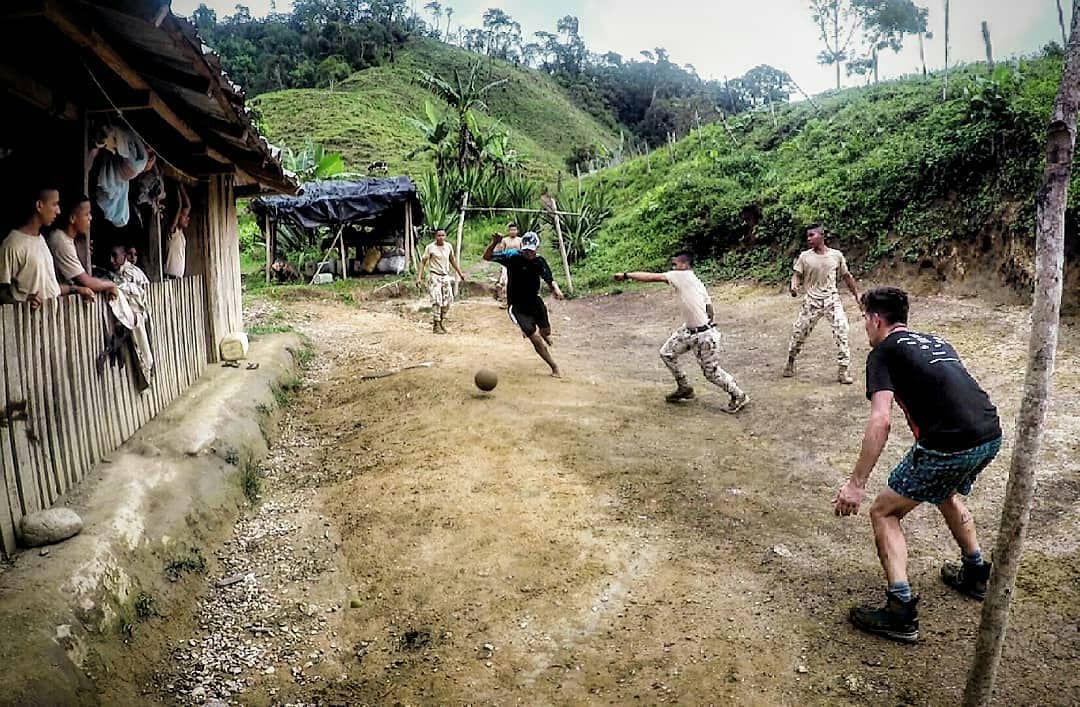
My most memorable travel moments have all been chance interactions.
A conversation about Carlos Valderrama with a group of Colombian soldiers, deep in the Sierra Nevada de Santa Marta jungle, and a subsequent game of three-aside football. I hadn't met any of the six people I would be hiking with on that trip, to Teyuna, or the "Lost City", beforehand, but we're still in touch now.
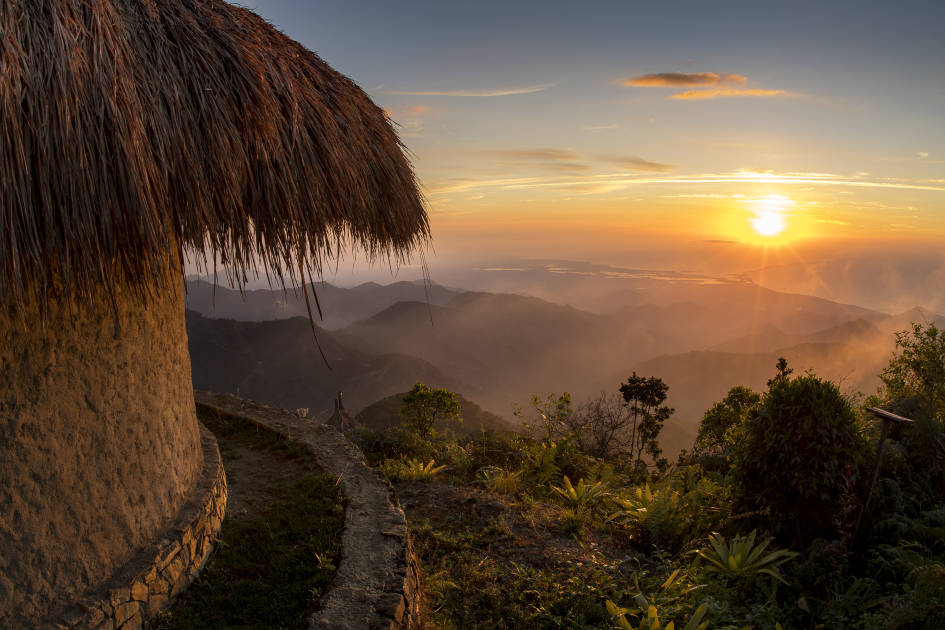
A conversation with Matei, a bison ranger, at a converted farmhouse in Armeniș, on the edge of the southern Carpathian mountains in Romania. Matei was born in Armeniș and had returned to take on a new role that came along with the reintroduction of bison to the area in 2014. He was gathering data on the animals and helping to establish a tourism model to bring jobs and money to the village.
A meeting with the owner of a local bike shop on the trails of Sint Maarten in the Caribbean. She had helped build the trails, and invited me to join them on a ride out from the shop the next day - rolling over the dusty trails with tropical views.
Talk to any round-the-world cyclist or long-distance traveller and you'll find their stories always focus less on place than on people. They remember those who have opened their doors to them and shared their food and homes so generously.
Travelling is not just about the places we go; even though that might be the driving force. It’s about those conversations, whether five seconds or five hours, that leave you with a smile on your face and remind you that perhaps the world isn’t so bad after all. Travel is discovering community and culture. And the more conversations you have while you travel? The happier you’ll be.
At least, that’s what the studies say.
Inspired? Check out our small group adventure holidays now - and get out and talk to some strangers.

